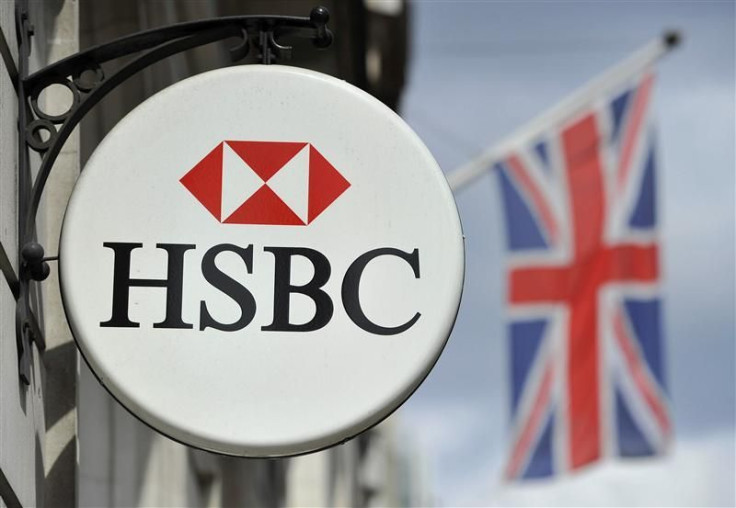HSBC Plans To Sell Yuan Bonds Listed In London

HSBC Holdings PLC is planning to sell yuan-denominated bonds listed on the London Stock Exchange, a move that will make the City the first place outside mainland China or Hong Kong to do business in the currency.
According to a Reuters report Wednesday, HSBC has released guidance for the three-year bond, which would yield 3.00-3.25 percent. The report adds that the term sheet said the issue was a benchmark deal, implying that it is worth at least 500 million yuan.
Financial centers around the world are eager to capitalize on the growth of offshore yuan bond market currently concentrated in Hong Kong. The current plan by HSBC for the three-year bonds, called as 'Dim Sum bonds', has been welcomed by the UK's Chancellor of the Exchequer, George Osborne.
Today's event emphasizes that we are not prepared to let anyone steal a march on us in terms of new products and new markets, Osborne said. We are the natural home in the West for those who want to invest in the Chinese economic success story, he added.
More than $17 billion of customer and interbank deposits in the institutions in London are currently in the Chinese currency. London has been seeking to become a center for yuan trade and investment.
Bank of China Ltd, Barclays PLC, Deutsche Bank AG, HSBC Holdings PLC and Standard Chartered PLC are joining the City of London Corporation, which is the municipal governing body of the capital of the UK, to form a working group to support growth of yuan business.
London is perfectly positioned to act as the western hub for the yuan, said Stuart Fraser, policy chairman of the City of London Corporation.
London has many natural advantages, including time zone, a trusted legal system, a respected regulatory framework, deep pools of liquidity and a strong track record of innovation, he added.
The plan for this bond issue comes when China is going ahead with currency reform measures. As part of the reforms, China's central bank now allows the currency to fluctuate by as much as 1.0 percent on either side against the dollar on a single trading day.
In early April, China raised the Renminbi Foreign Qualified Institutional Investor scheme. This meant that investors are permitted to buy mainland securities using offshore yuan for up to 70 billion yuan.
© Copyright IBTimes 2024. All rights reserved.











